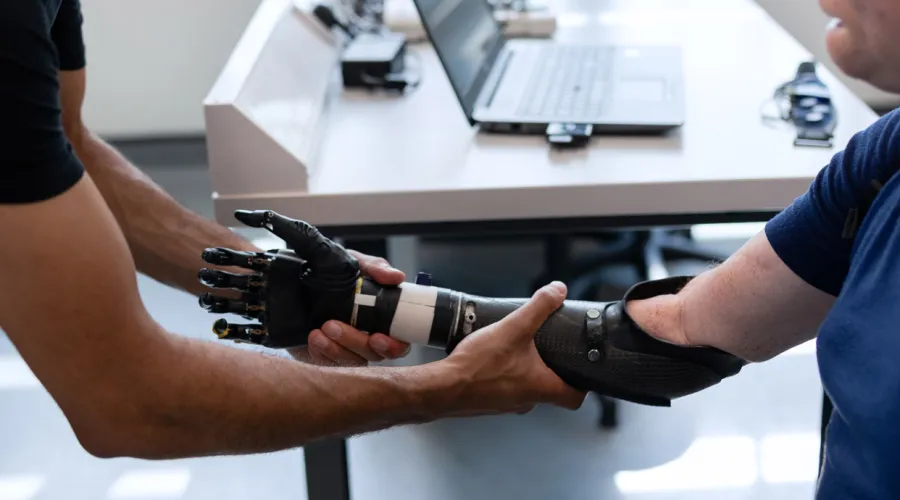
Goals
Helping People Recover Lost Functions
The main goal of physiatrists is to help people recover lost functions, such as in the case of a person recovering from the functional decline secondary to a stroke. With an accident victim who experiences multiple trauma, the physiatrist supervises therapeutic interventions aimed at restoring function. Once patients stabilize enough to participate in an organized rehabilitation program, the physiatrist recommends the most appropriate level of rehabilitative care.
Prevent Additional Functional Decline and Illnesses
The second goal of a physiatrist is to prevent additional functional decline of individuals who are recovering from acute medical illness or injury. For example, a physiatrist often works to prevent deconditioning due to a head-injury person's inability or decreased ability to exercise normally.
Physiatrists also work to prevent illnesses for which people with functional limitations are at higher risk. For example, spinal cord injured patients face a higher risk of bladder or respiratory infections. Physiatrists often become the primary care physicians in these cases.
Physiatrists like to be included early in any case requiring surgical or medical intervention to assess the patient and determine how the physical impairments, disabilities, and handicaps will influence the overall outcome of a given intervention.